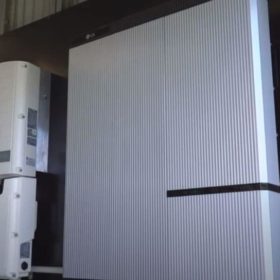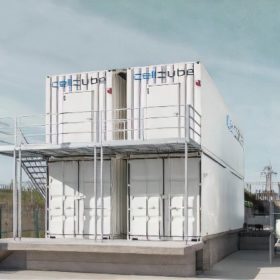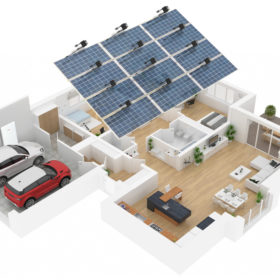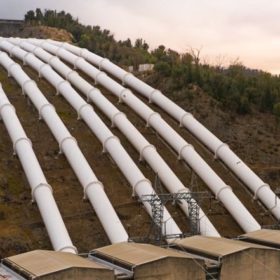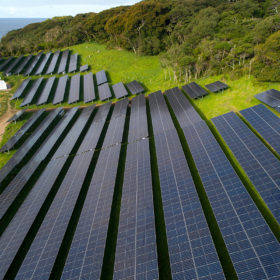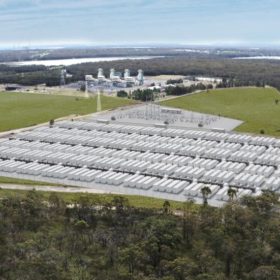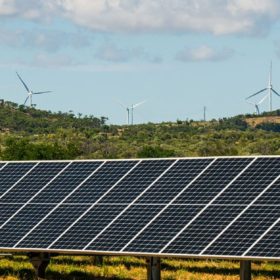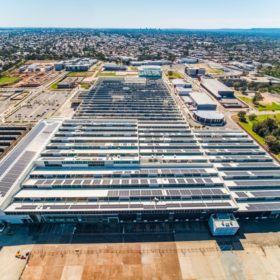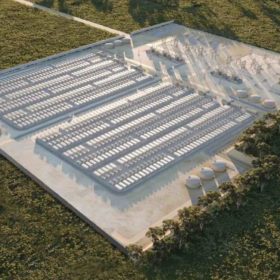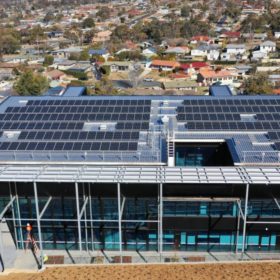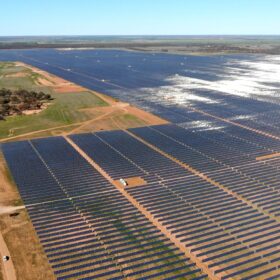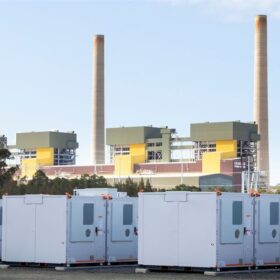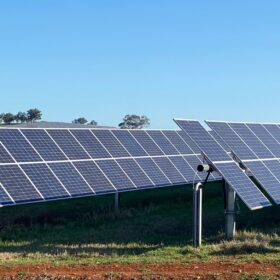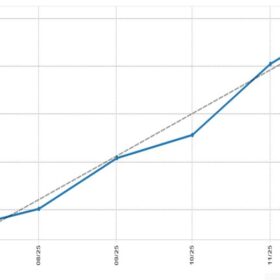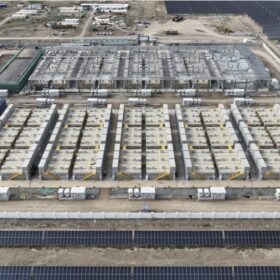LG solar battery recall expanded, NSW reports battery fire spike
The ACCC, Australia’s consumer watchdog, has begun contacting almost 5,000 households as part of an updated recall on LG solar batteries prone to overheat and catch fire, with the watchdog noting the dangerous products may fall under various brand names. The news comes as NSW Fire and Rescue reported a massive spike in battery fires for 2022.
CellCube eyes Australia for 8 GWh flow-battery manufacturing facility
Australian renewables developer North Harbour Clean Energy will team with European battery energy storage systems supplier CellCube to establish a vanadium redox flow battery manufacturing and assembly facility in Australia with a projected capacity of up to 1 GW/8 GWh per annum.
Energy optimiser SolarEdge expands into full home solution
Customers’ desire for fast, simple access to rooftop solar has driven the industry towards one-stop solutions, with all system components under the same brand and warranty arrangements, and integrated under a proprietary intelligent digital control system. pv magazine Australia spoke with Gavin Merchant, country manager for Australia and New Zealand, about the new SolarEdge Home equation and the economic drivers of full rooftop package adoption.
Joint venture targets 4.5 GW of energy storage in Victoria
The developers behind a proposed $5.5 billion (USD 3.7 billion) pumped hydro renewable energy project in central Queensland have announced a new partnership to develop up to 4.5 GW of long-duration energy storage in Victoria that is to be integrated with new renewable generation and green hydrogen production.
Photon selects NSW for first solar + battery project acquisition, intended as European ‘prototype’
Dutch company Photon Energy Group has acquired its first utility scale solar and battery project, opting for a venture 500 kilometres northwest of Sydney which it says will become a “prototype” for its European portfolio.
Powin, BlackRock start working on world’s largest battery
US battery specialist Powin and US investment firm BlackRock have started work on a 909 MW/1,915 MWh battery energy storage system (BESS) in Australia. Construction is set to begin in 2023 and will finish by mid-2025.
Solar-wind hybrid Kennedy Energy Park poised to reach full potential
After almost four years of delays the solar-wind hybrid 60 MW Kennedy Energy Park in north Queensland is inching towards full operation. Project developer Windlab confirms the final stage of testing and commissioning of the Australian-first hybrid renewable energy project is underway.
CleanPeak to switch on massive 5 MW rooftop system
One of Australia’s largest rooftop solar arrays will be energised this week with CleanPeak Energy announcing the second phase of a 5 MW PV system at the Tonsley Innovation District in Adelaide is set to be switched on in the coming days.
Singaporean developer sizes up Australia’s ‘largest’ battery
Singapore-headquartered infrastructure developer Equis has announced plans to construct a 1,200 MW/2.4 GWh battery in Victoria that it claims will be the largest battery energy storage system yet developed in Australia and Asia.
NSW seeks proposals for renewables rollout across 2,200 public schools
After a productive pilot project that saw solar, batteries and VPP technology installed at 60 public schools in New South Wales, the state government is now seeking proposals to finance, deliver and operate such renewable energy solutions across 2,200 public schools.
